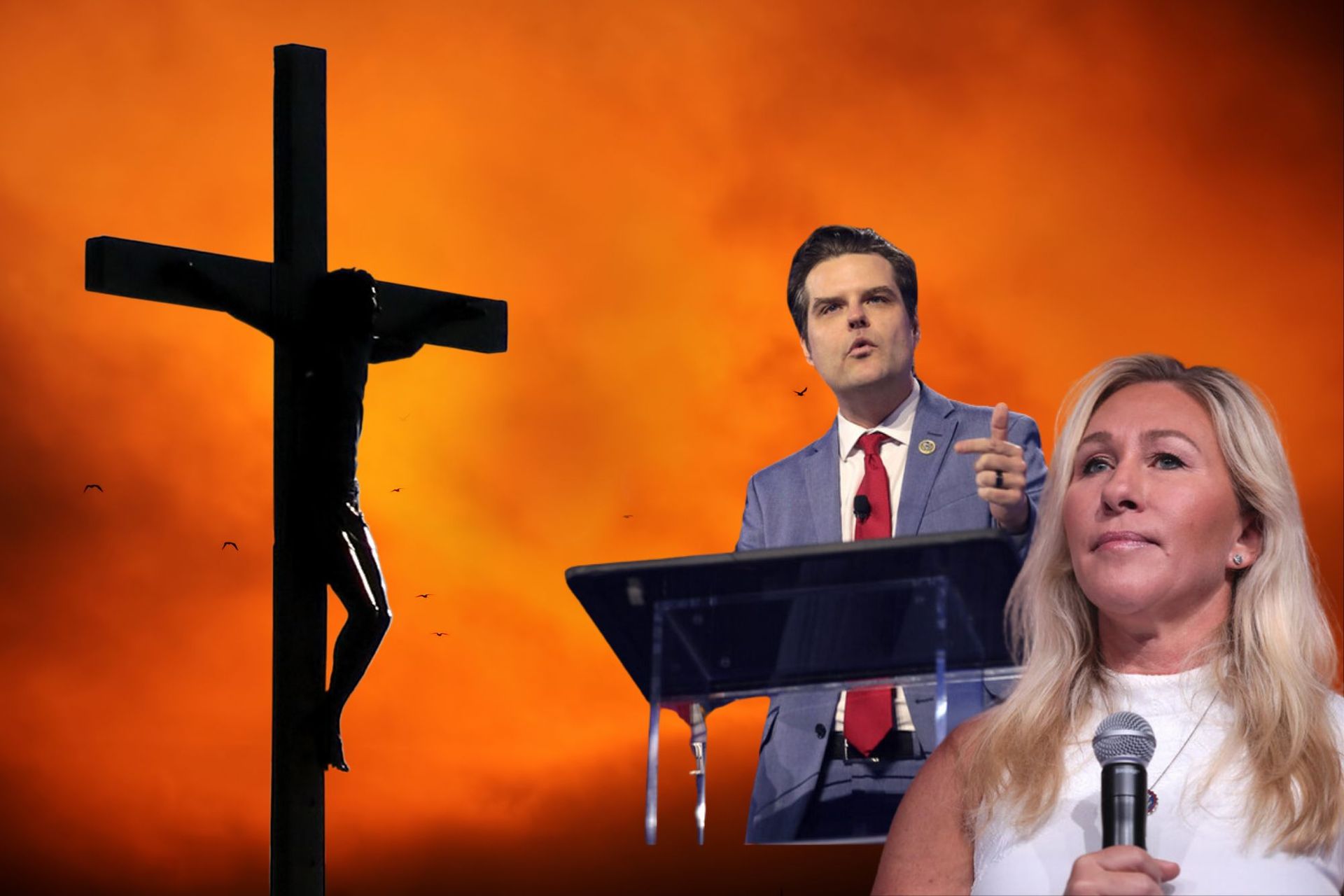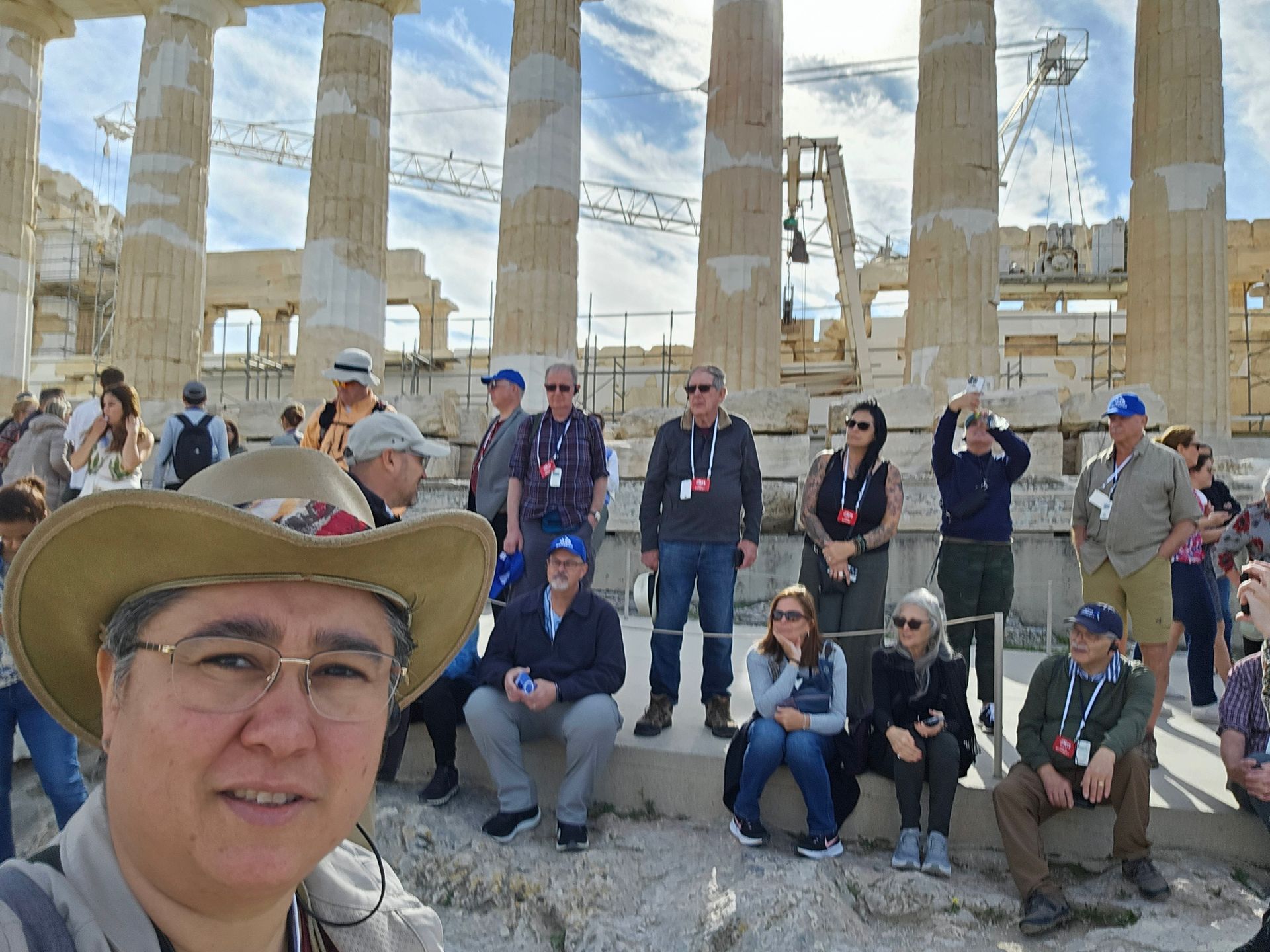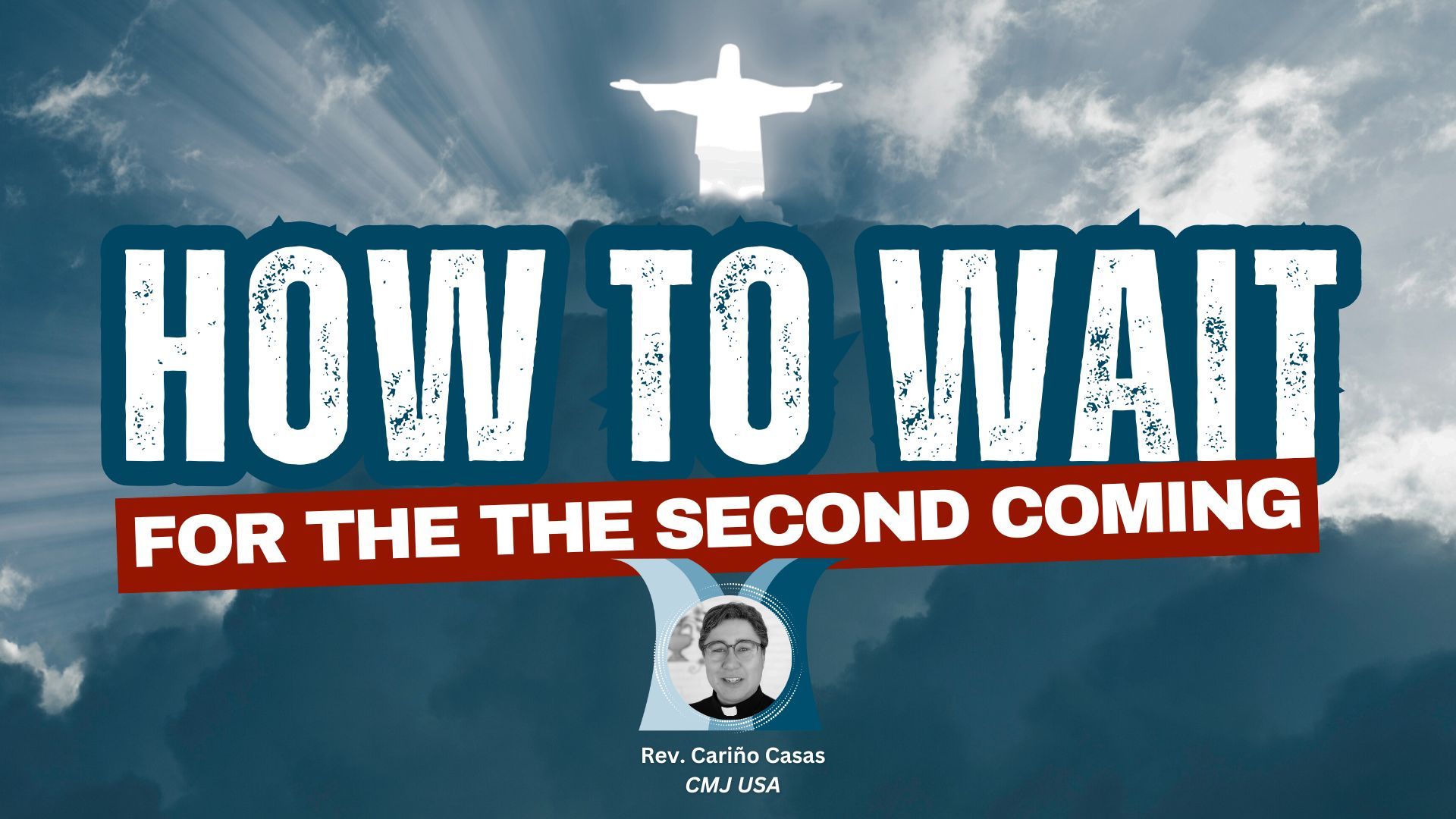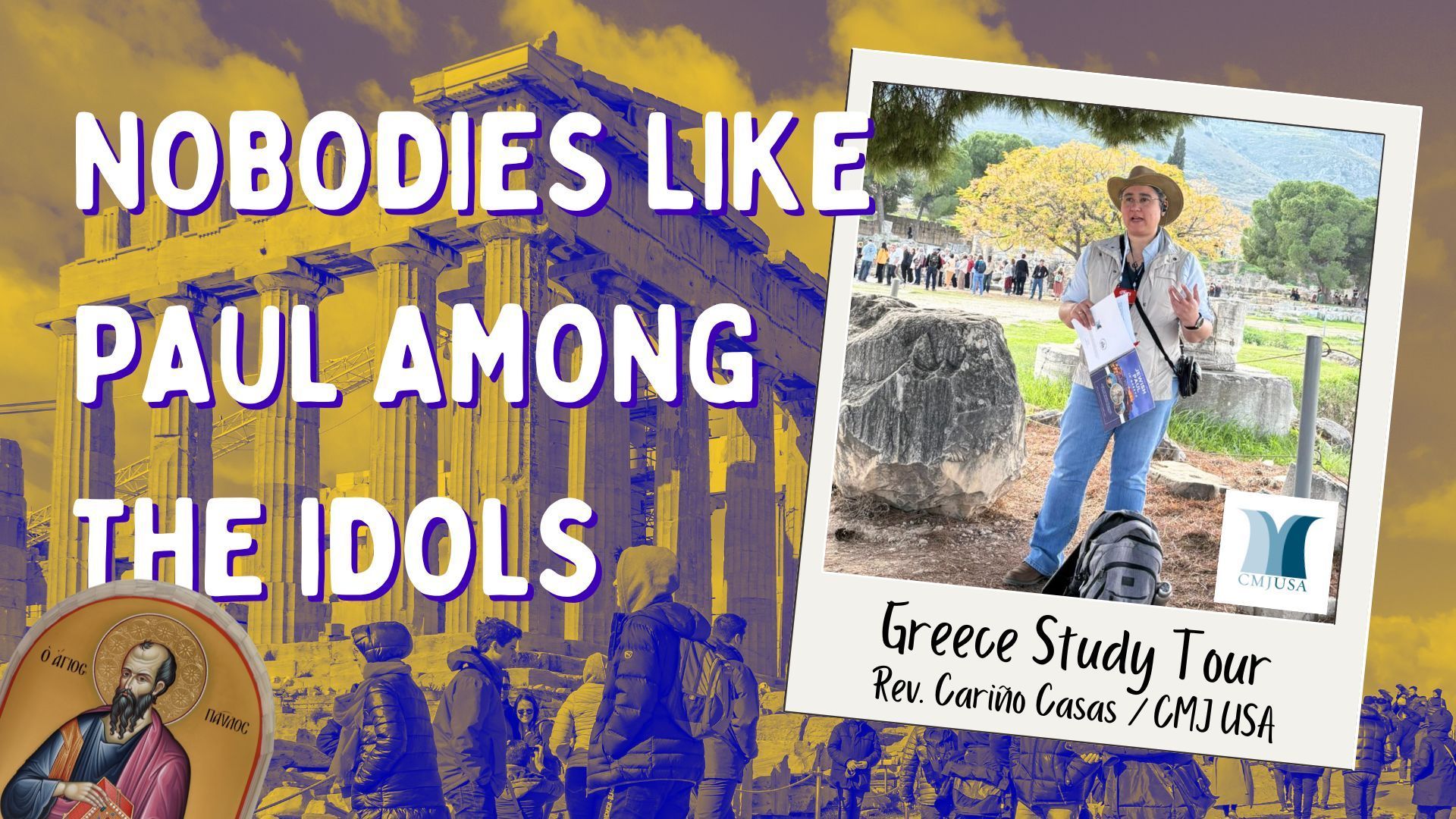On Wednesday, May 1, the US House of Representatives passed a bill called the “Antisemitism Awareness Act” (H.R. 6090), aimed at curbing hate speech in the wake of anti-Israel protests on college campuses and a great increase in antisemitic violence around the country and the world.[i] The bill accepts the following “Working Definition of Antisemitism” by the International Holocaust Remembrance Alliance (IHRA) as published in January 2005 and adopted by an IHRA plenary of 31 countries in May 2016.
“Antisemitism is a certain perception of Jews, which may be expressed as hatred toward Jews. Rhetorical and physical manifestations of antisemitism are directed toward Jewish or non-Jewish individuals and/or their property, toward Jewish community institutions and religious facilities.” The Definition then lists 11 “contemporary examples of antisemitism in public life, the media, schools, the workplace, and the religious sphere that could, taking into account the overall context, be included” Among these is: “#9. Using the symbols and images associated with classic antisemitism (e.g., claims of Jews killing Jesus or blood libel) to characterize Israel or Israelis.” (emphasis added)
H.R. 6090, introduced by Rep. Mike Lawler, R-N.Y., and supported by 15 Democratic co-sponsors, was passed 320-91.[ii] Among the 91 who voted against the bill were Rep. Marjorie Taylor Greene (R-GA) (MTG) and Rep. Matt Gaetz (R-FL). MTG said she was opposing the bill because it “could convict Christians of antisemitism for believing the Gospel that says Jesus was handed over to Herod to be crucified by the Jews.”[iii]
MTG is mistaken. Luke’s Gospel tells us that Pilate sent Jesus to Herod and that Herod sent him back to Pilate, who then ordered his crucifixion (Luke 23:6-12). Three of the four Gospels say that the Sanhedrin handed Jesus over to Pilate. John says that “the Jews” did. But it is clear from the context that he is speaking of the same Council.
Gaetz wrote: “The Gospel itself would meet the definition of antisemitism under the terms of this bill!” He added that “One of the contemporary examples of antisemitism identified by the IHRA includes: ‘claims of Jews killing Jesus’” He goes on to say, “The Bible is clear. There is no myth or controversy on this.”[iv] Gaetz then cited three Scripture passages to support his argument:[v] Acts 4:10;
1 Thessalonians 2:14-16;
Acts 3:14-15.
How are we to respond to this accusation? Who did kill Jesus?
Does the Biblical record in fact declare that “the Jews” killed their Messiah, thus justifying the charge of deicide, and is it right to accuse today’s Jews including Israelis of being “Christ-killers”? Is the Gospel, therefore, antisemitic according to the IHRA’s definition and example #9? This article will attempt to answer these questions.
1. What do the passages cited actually say?
a)
Acts 3:1-10 tells the story of a lame man who sat begging at the ‘Beautiful Gate’ of the Temple in Jerusalem, and who was healed by the disciples, Peter and John through the name of Jesus. A crowd gathered there and Simon Peter began preaching to them about Jesus. He says, “The God of Abraham, Isaac and Jacob, the God of our fathers, has glorified his servant Jesus.
You handed him over to be killed, and you disowned him before Pilate, though he had decided to let him go.
You disowned the Holy and Righteous One and asked that a murderer be released to you. You killed the author of life, but God raised him from the dead. We are witnesses of this.” (3:13-15)[vi] (emphasis added)
b) In
Acts 4:10, Simon Peter is again the speaker. This time he is responding to a question from the rulers, elders, and teachers of the law at a trial of John and himself in Jerusalem before Annas and Caiaphas, the high priests, and John, Alexander, and other members of the high priest’s family. The question was, “By what power or name did you do this (i.e. heal the lame man)?” (See 4:5-7) He says, “Let it be known to you all, and to all the people of Israel, that by the name of Jesus Christ of Nazareth,
whom you crucified, whom God raised from the dead, by him this man is standing before you well.” (NKJ [vii], emphasis added)
Without a doubt, in both these passages Peter is talking to Jewish people – the crowd was in the Temple in Jerusalem, and the trial of the disciples was before the Jewish rulers. And, without a doubt, he accuses them all of killing Jesus Christ. But I want at this point to note two things: Peter and John were Jews themselves, and Peter had more to say than just that his audience had killed the Messiah.
c) Paul visited Thessalonica in Macedonia with Silas on his second missionary journey. Some of the Jewish people there believed Paul’s message, as did many “God-fearing Greeks and not a few prominent women”. (Acts 17:4) But those Jewish people in the community who rejected his message were jealous of Paul’s success and tried to kill him and Silas. Paul and Silas escaped and soon afterward Paul wrote his first letter to the young Christian community there, composed of both Jews and Gentiles, to encourage them to stand firm in the face of this opposition.
And so, in chapter 2 verses 14 to 16 he writes: “For you, brothers and sisters, became imitators of God’s churches in Judea, which are in Christ Jesus. You suffered from your own countrymen the same things those churches suffered from
the Jews, who killed the Lord Jesus and the prophets and also drove us out. They displease God and are hostile to all men in their effort to keep us from speaking to the Gentiles so that they may be saved. In this way they always heap up their sins to the limit. The wrath of God has come upon them at last.” (emphasis added)
Again, Paul, a Jew,[viii] accuses “the Jews” of killing Jesus and the prophets and of other anti-God, sinful activities.
Thus the simple answer to the first question – does the Biblical record say that “the Jews” killed Christ? – is
Yes, BUT:
We must ask a second question.
2. Who are “the Jews” in these passages?
The reference cannot mean all Jews since the speakers, Peter and Paul, are Jews themselves, and in Paul’s case, he is writing to Jews as well as Gentiles. Both also speak in the past tense of the Jews’ killing of Jesus.
In the Acts 3 passage, Peter is talking to a crowd of Jewish worshippers in the Temple, some of whom might well have been present at the trial of Jesus before Pilate and called out for him to be crucified. But note that Peter went on to say, “Now, brothers and sisters,
I know that you acted in ignorance, as did your leaders. But this is how God fulfilled what he had foretold through all the prophets, saying that his Christ would suffer.” Peter then said, “Repent, then, and turn to God, so that your sins may be wiped out, that times of refreshing may come from the Lord, and that he may send the Christ, who has been appointed for
you” (3:17-20 emphasis added). There is an offer of forgiveness even for the heinous act of killing God’s Messiah.
Peter, in the Acts 4 passage, lays the charge of crucifying Jesus the Messiah specifically against the High Priests and the Jewish leaders, rather than the people of Israel as a whole. It is clear from the record of the events in the four Gospels that this was accurate. But Peter offered the chance of forgiveness even to these leaders when he told them, “Salvation is found in no one else, for there is no other name under heaven given to men by which we must be saved” (4:12).
By “the Jews” in his letter to Thessalonica, Paul is referring to the Jews of Judea, and in particular the authorities there. He compares the persecution of the believers in Thessalonica by the Jewish community there to that of the persecution of Jesus, and his early followers, by the Jews in Judea. There is ample evidence in the Gospels and Acts as well as the Jewish Scriptures themselves – the Old Testament – that his charges are accurate.
Speaking of judgment coming upon these Jews, Paul is affirming Jesus’s own prophecy in
Luke 19:41-44, where he says in speaking about Jerusalem: “The days will come upon you when your enemies will build an embankment against you and encircle you and hem you in on every side. They will dash you to the ground, you and the children within your walls. They will not leave one stone upon another,
because you did not recognize the time of God’s coming to you” (emphasis added). It is worth noting that Jesus wept as he made this prediction, and that his words were fulfilled in AD70 when the Romans destroyed the city.
In none of these Scriptures then are the Jewish People as a whole at the time of Jesus being held responsible for his crucifixion. And, if there were to be any punishment of Jewish people for it, then the punishment would, according to Jesus, fall on that generation.
The clearest statement in the Bible as to who was to blame for the killing of Christ is found in the prayer of the disciples in
Acts 4:27: “Herod and Pontius Pilate met together with the Gentiles and the people of Israel in this city to conspire against your holy servant Jesus, whom you anointed. They did what your power and will had decided beforehand should happen.”
In other words,
everyone in Jerusalem at the time had a hand in it: the King, the Governor, other Gentiles such as the soldiers, Jewish people such as the Chief Priests, the Sanhedrin, and the crowd at the trial…and even Judas who betrayed him, Peter who denied him and the rest of the disciples who deserted him! But it all happened according to God’s plan of salvation for all of mankind, Jew and non-Jew, before, at the time, and since.




